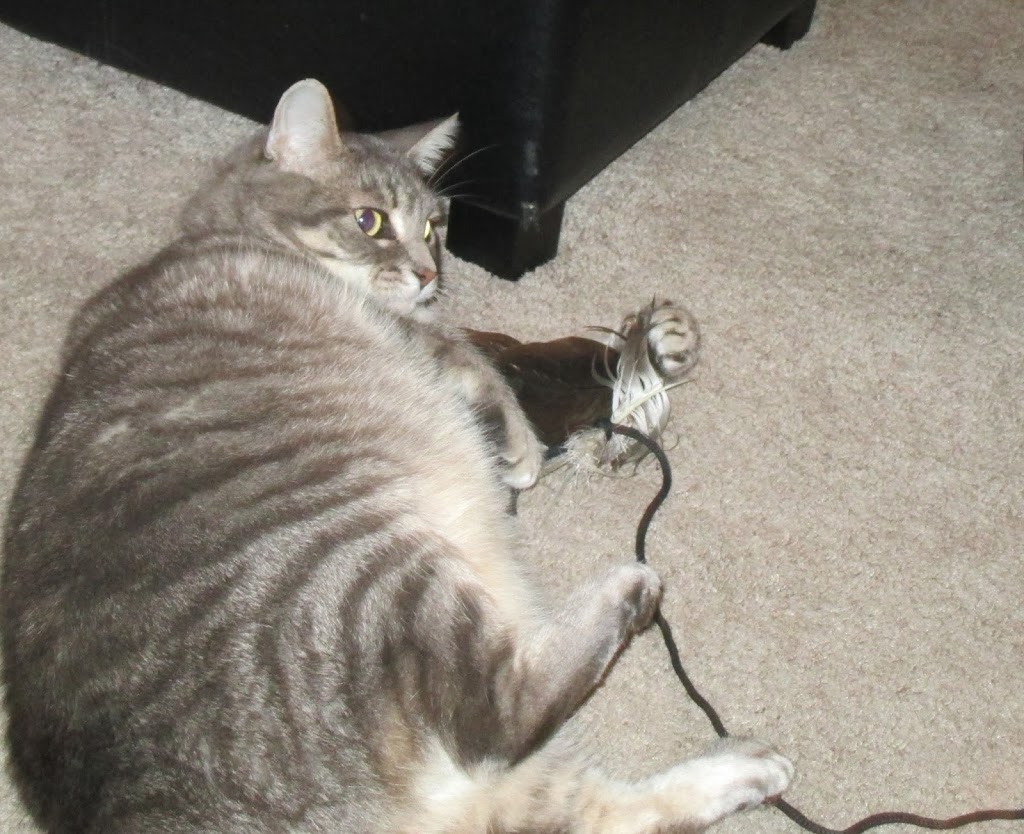 |
| Mamma Mia! is a great supporting character |
So much of the time we focus on our protagonists, the heroes of our stories, and rightly so. But what about our supporting cast?
Writing Tip for Today: What are some tips on writing believable secondary (supporting) characters?
- Keep it Simple. You may imagine your novel or memoir with a cast of thousands. OK–you may keep them all straight in your mind. But your readers probably won’t be so lucky. Try to limit your supporting (and even minor) characters to the absolute minimum number. If you watch movies, you may note that in many where there is a group of secondary characters (such as war movies, teen movies or other types), a few characters come to represent the different “flavors.” Think of MASH, the old TV show with Alan Alda. Alda and a handful of other characters represented a much larger group of doctors, nurses, etc. Keep your secondary list of characters as short as possible.
- Go Composite. Another technique is to combine characters into one memorable character. This is known as a composite character. Let’s say your story has two or more grandmothers. How can the reader keep these grandmothers separate and distinct? If you combine them into a single memorable character, readers will be more likely to have a clear picture of that character’s personality and role in the story. The more you cement a character with a quick description, the more likely the reader remembers and understands the character.
- Make Bad Guys Real. For your ANTAGONISTS, you can create a more believable bad guy by humanizing that character. Almost nobody is ALL bad (or good). Avoid cliches (black hats or other clues), and introduce at least a small redeeming quality to make your secondary characters more believable and real. An antagonist with a weakness for chocolate or puppies is one we can relate to at least in that small way.





composites are a great ploy
I agree, Tracy. Many inexperienced novel writers and memoirists kind of squirm about it at first–they think every character is a must have. Then they usually see the light. 🙂 Keep Writing! ~Linda